Rather amazingly, Dreadzone are one of those bands who’ve been around together for seemingly ages (they’re now in their third decade) – and yet the public at large is still blissfully unaware of them. That’s incredible, don’t you think? If I were asked to name the one band who’s playing at Glastonbury at the exact moment when you ‘find yourself’, then Dreadzone would likely be that band. That’s because along with their hazy mix of deep bass, dub beats and dance undertones, there’s a definite lean towards the otherworldly music which spills out of the West Holts Dance area. Call it dub, reggae, dubtronica or post-rave, it really doesn’t matter – it’s melodic, very listenable and you can’t help but shake in time with the music.
In many respects, the music is both mesmerising and debilitating. That probably has more to do with the tempo of the songs, but also the band creates plenty of space within the stereo image for the bass and vocals to dominate. It’s like the kind of music Massive Attack might make if they were to turn on a few lights in the recording studio. This is particularly evident during ‘Mountain’ where the deep vocal reminds me of Robert Del Naja.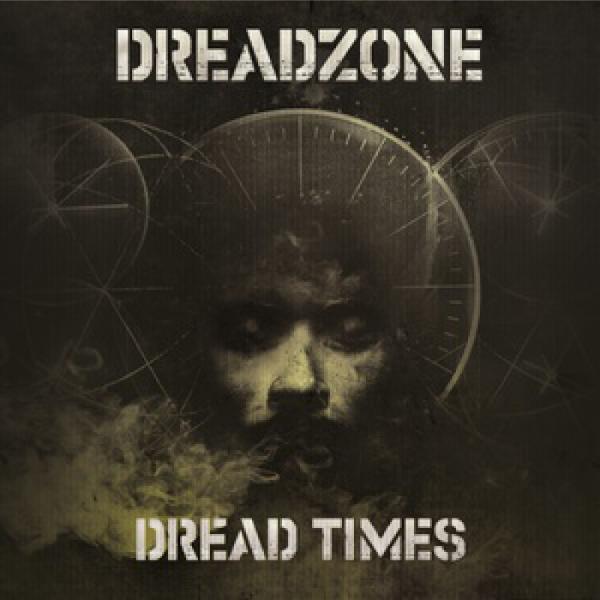

‘Dread Times’ is the band’s 8th studio album and there’s actually a lot of continuity between this and earlier albums, such as second album ‘Second Light’ from 1995. It’s certainly the case that some of the lyrics are darker, e.g. ‘16 Hole’ is written about a gang member who is advised “not to take his gun to town” – and ‘Black Deus’ with its socio-political strapline “This country has become non-functional for most people”.
When ‘Area Code’ comes along, there’s a noticeable uplift in tempo. It’s possibly the most commercial track on the album. Album closer ‘After The Storm’ also stands out for its more organic instrumentation, in particular the use of acoustic guitar and piano.
This is B I G music. So, while it’s not exactly breaking new ground for Dreadzone – more kind of business-as-usual – when music sounds this good, you can’t help but simply enjoy it. There’s nothing, for example, during opening track ‘Rootsman’ that you wouldn’t have heard to similar-sounding dub tracks previously somewhere else, but it contains such an energy and vibrancy that you will find yourself unconsciously tapping your feet, moving your head or shuffling around the kitchen. As the band concedes at the end of the track, “roots music can never die”.
A final note for those of you who have invested heavily in your hifi system – this album sounds just incredible. The production is excellent and despite the sometimes-sparse arrangements, there is actually a lot of activity going on just beneath the surface. The stereo separation allows the vocals lots of room and excellent use is made of the frequency spectrum. There’s everything from a beautiful deep bass to crisp-sounding hi-hats. During ‘Battle’, for instance, my music room literally shakes to the core – and believe me when I say that’s a good thing…
Paul Lockett


















































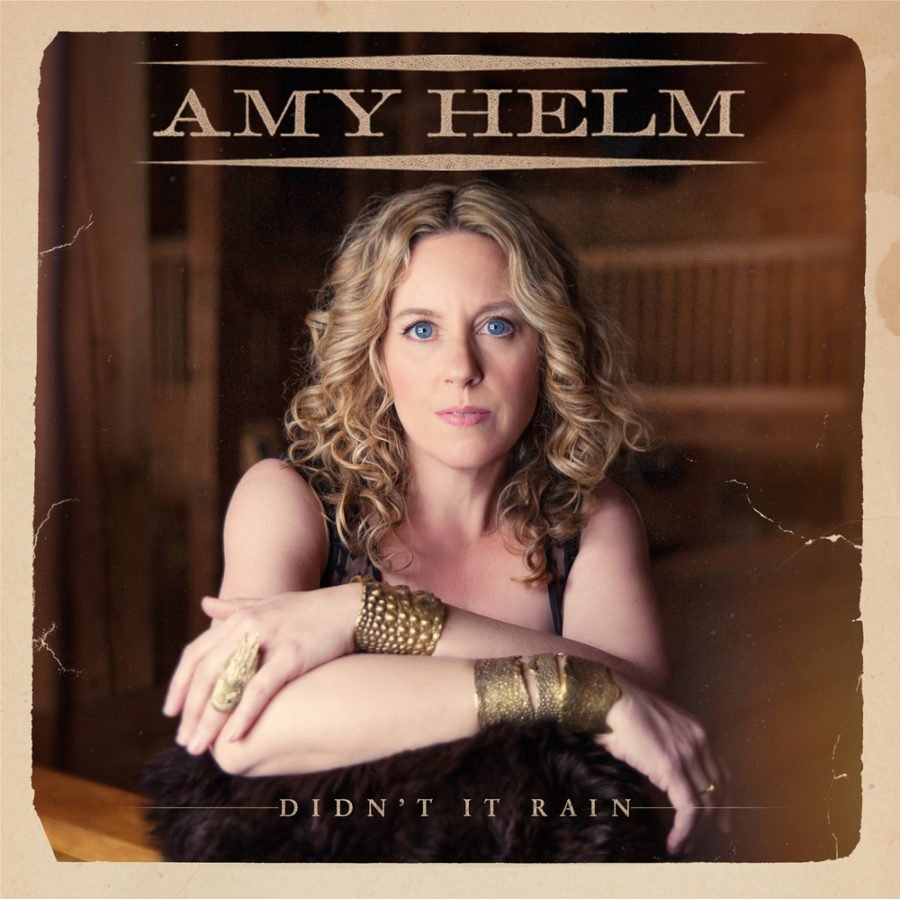
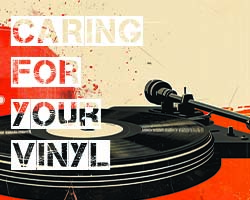
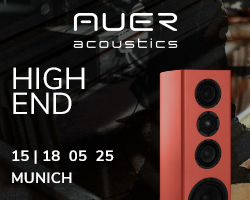
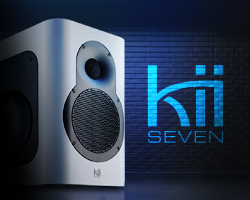
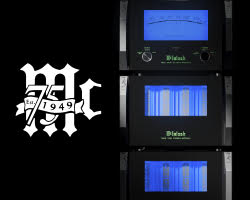





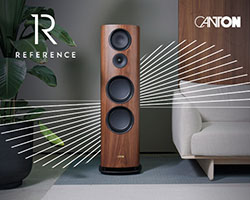
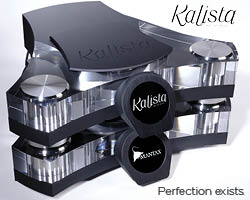




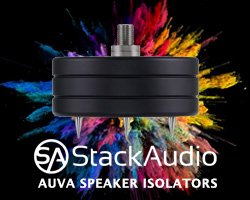

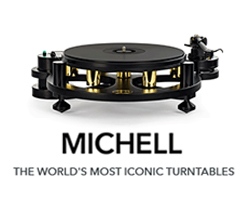

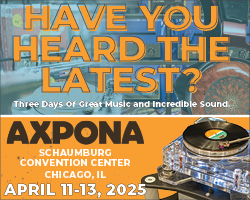



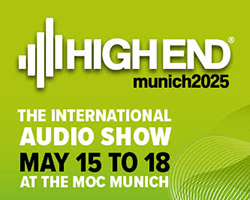


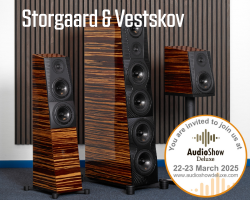
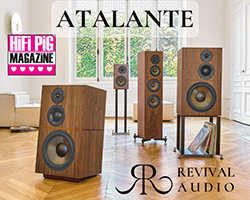
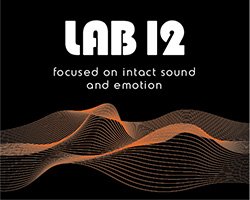
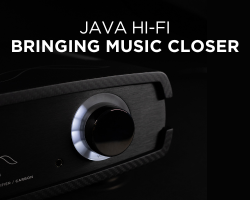

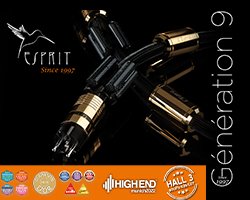

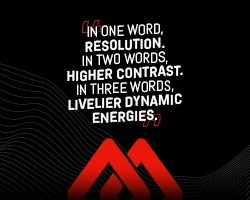
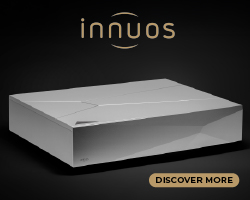



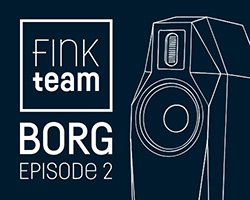



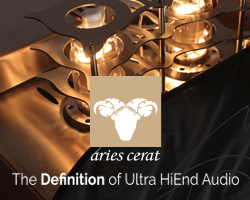






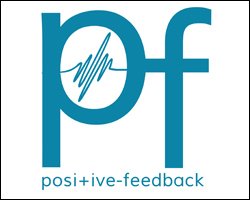
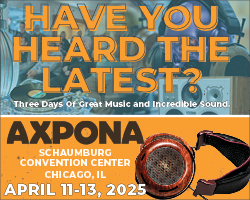
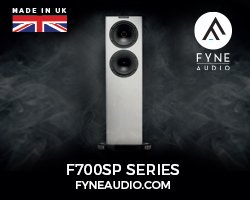




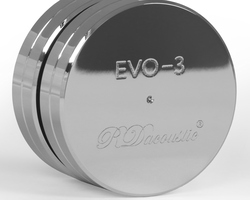
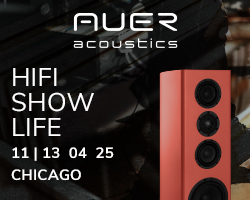






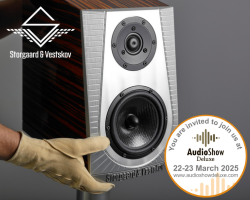


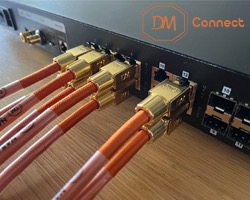
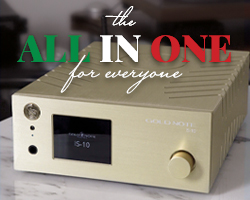
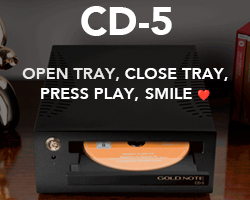




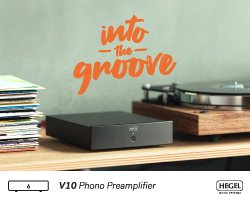
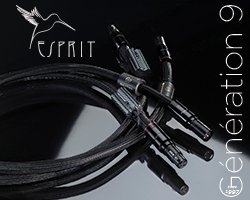





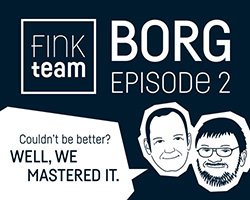

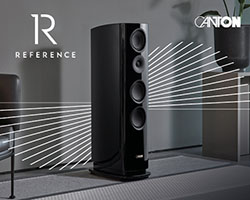














































You must be logged in to leave a reply.